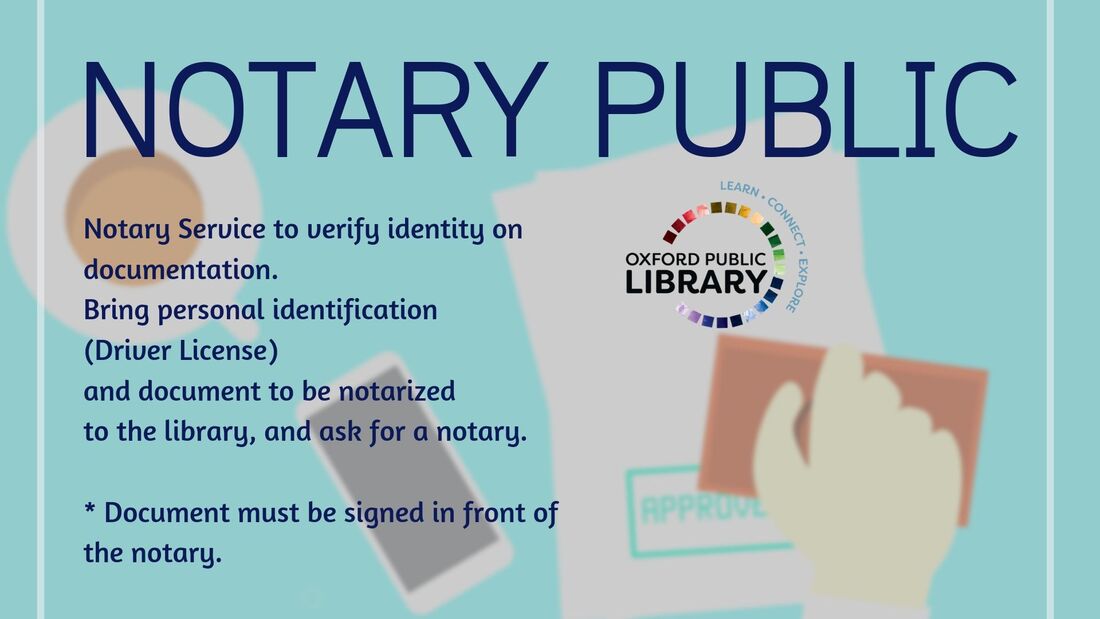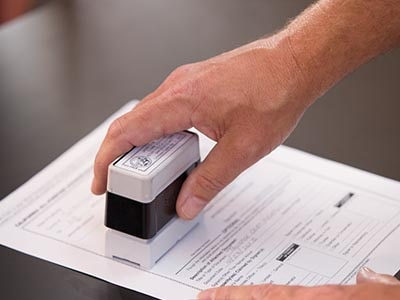DIRCO Laws Demystified: A Overview to Diplomatic Procedure
Wiki Article
Debunking Notarial Work: Streamlining the Duty and Relevance of Notaries
Their duty, commonly shrouded in enigma for many, carries substantial weight in guaranteeing the validity and stability of crucial documents. By untangling the intricacies dropping and bordering notarial techniques light on the value of their acts, a clearer understanding emerges of the important duty notaries play in maintaining the material of legal and legal arrangements.The History of Notarial Work
The background of notarial job dates back to ancient worlds, where scribes played a critical duty in taping important info and verifying records. This led to the advancement of notaries, individuals designated by the state to act as objective witnesses in legal matters.
Throughout the Middle Ages, notaries obtained prominence in Europe, with their features broadening to consist of preparing lawful papers, licensing trademarks, and maintaining records. The increase of international trade further stressed the relevance of notarial operate in validating contracts and agreements across borders.
In the modern-day age, notaries proceed to play a vital duty in lawful and business transactions by validating identifications, verifying the authenticity of files, and protecting against fraudulence. Their role in licensing the validity of contracts includes a layer of safety and count on to the ever-evolving landscape of commerce and legislation.

Responsibilities and Obligations of Notaries
The historic evolution of notarial work from ancient worlds to the contemporary period has shaped the unique obligations and responsibilities that notaries promote in lawful and organization deals today. Notaries play an essential role in verifying the authenticity of files and the identity of notaries. Among their primary responsibilities is to witness the signing of vital records, such as agreements, deeds, and wills, to guarantee that all events are entering into agreements purposefully and willingly. Notaries also confirm that signatories are of audio mind and not under duress or coercion.Additionally, notaries are entrusted with administering vows and affirmations, which are essential in lawful procedures and the execution of testimonies. They certify copies of original papers, giving assurance to organizations that the duplicates hold true reproductions of the originals. Notaries need to preserve exact records of all deals they look after to ensure transparency and responsibility. Overall, the tasks and obligations of notaries are important in safeguarding the stability and validity of different files and deals.
Notarial Certificates and Signatures
Exemplifying careful interest to detail, notarial certificates and trademarks offer as necessary parts in verifying the credibility of legal papers. Notarial certifications commonly consist of essential information such as the date of registration, the names of the signatories, a summary of the record, and the notary's main seal. These certifications give a clear document of the notarial act, guaranteeing that the paper can be quickly determined and traced back to the notary who looked after the procedure.Trademarks play a pivotal function in notarial work, as they symbolize the arrangement and permission of the celebrations involved. Notaries carefully witness the finalizing of records to confirm the identification of the signatories and confirm that they are signing of their own complimentary will. By attaching their main seal and signature to the file, notaries certify that the required treatments have actually been complied with which the file is legitimate and enforceable.
Fundamentally, notarial certifications and signatures are the characteristic of credibility in lawful transactions, supplying guarantee to all celebrations involved that the papers are legit and binding.
Importance of Notarial Acts

Registration Process Clarified
Explaining the notarization process provides quality on the essential steps entailed in validating legal files. The registration process usually begins with the individual presenting the record to a notary public. The notary then confirms the endorser's identification through acceptable recognition approaches. Once the identity is confirmed, the notary makes sure that the individual signing the record does so voluntarily and without any type of threat.
Conclusion

Notarial certificates usually consist of crucial information such as the date of registration, the names of the signatures, a description of the file, and the notary's main seal. These certifications give a clear record of the notarial act, making sure that the paper can be easily determined and traced back to the notary who supervised the process.
By attaching their official seal browse around this web-site and signature to the paper, see this notaries accredit that the necessary treatments have actually been complied with and that the record is enforceable and valid.
By validating the identification of the signatories, verifying their readiness to enter into the arrangement, and certifying the day and place of the finalizing, notaries play a critical role in maintaining the credibility of legal documents.After the paper is authorized, the notary will certainly fasten their official seal or stamp onto the record.
Report this wiki page